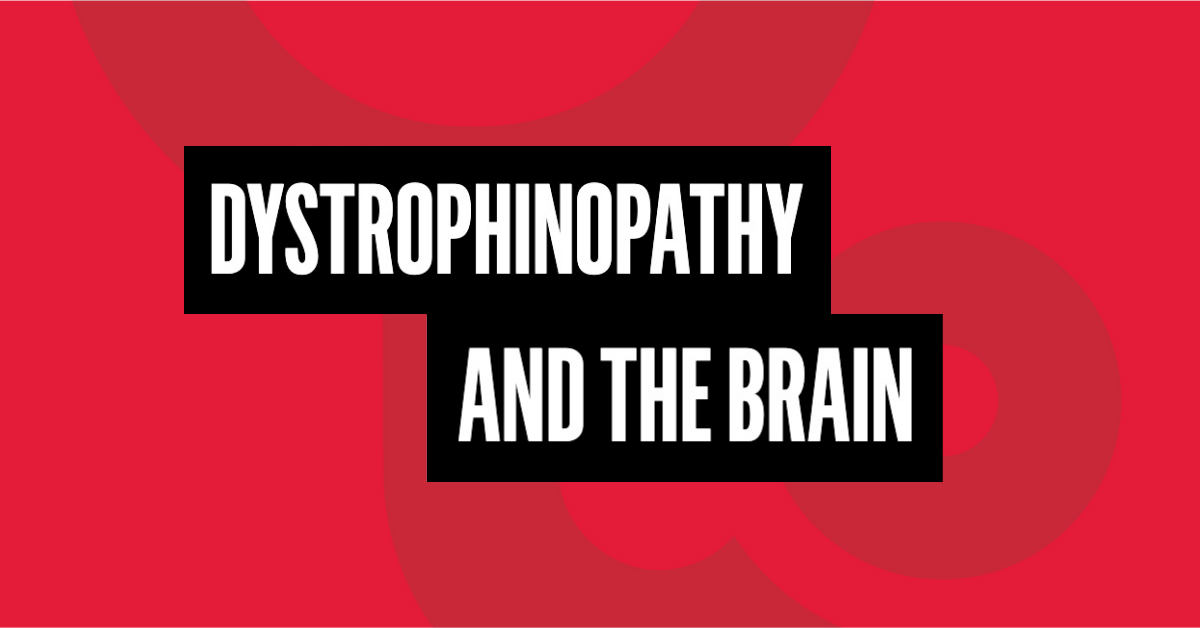
“Is my child happy?” “Do they have friends?” “Are they learning as easily and as quickly as the other students in their class – are they keeping up?” “Can I parent this child?” “Why are they having another melt down?” “I just want to like my child as much as I love them, and I want them to be happy.”
While the physical changes that come with Duchenne present many challenges, the psychosocial, emotional, behavioral, and learning issues that many children have are what keep parents up at night. To address these important, and often neglected issues, PPMD convened a workshop of psychologists, neurologists, psychiatrist, developmental pediatricians, behavioral specialists and researchers from across the globe to discuss what we know, what we don’t know and how to fill in the gaps.
The 2 day meeting, held last month in New York City, built on the foundation laid by the 2019 European Neuromuscular Centre (ENMC) workshop on the role of brain dystrophin in muscular dystrophy. While early, we are beginning to understand that different mutations in the Duchenne gene lead to different psychosocial and learning issues. For example, it has been shown that mutations occurring at the end of the gene generally lead to more cognitive issues. Studies using medical record review across Certified Duchenne Care Centers and The Duchenne Registry are showing similar results. Work using animal models and MRI imaging of the brain are discovering how a lack of dystrophin in certain areas of the brain may influence learning, emotional responses and memory. Alternate approaches to both parenting and school may be helpful if tailored to the specific needs of the child.
Through the learnings of PPMD’s Brain Project and the European Union’s sponsored “Brain Involvement in Duchenne (BIND Project),” we are gaining a global perspective of the what psychosocial, emotional, behavioral, and learning issues concern parents, how clinicians are evaluating and managing these issues in their practices, and medications that are being prescribed. Standardizing the tools used to evaluate these issues and standardizing an approach to therapy and medical management could lead to a more cohesive and comprehensive approach to these difficult issues.
As next steps and action items for the working groups were identified, it was clear that this is sure to be the first of many PPMD efforts to enhance our understanding of dystrophinopathy and the brain. As always, PPMD is tremendously grateful to both the clinicians and researchers invested in optimizing our understanding of how we care for the mental, cognitive, and behavioral health of people with Duchenne. Even more so, we are grateful to the people living with Duchenne and their families for partnering with PPMD move the field forward, optimizing both the care and quality of life for every person affected by Duchenne.



 by: Parent Project Muscular Dystrophy
by: Parent Project Muscular Dystrophy

